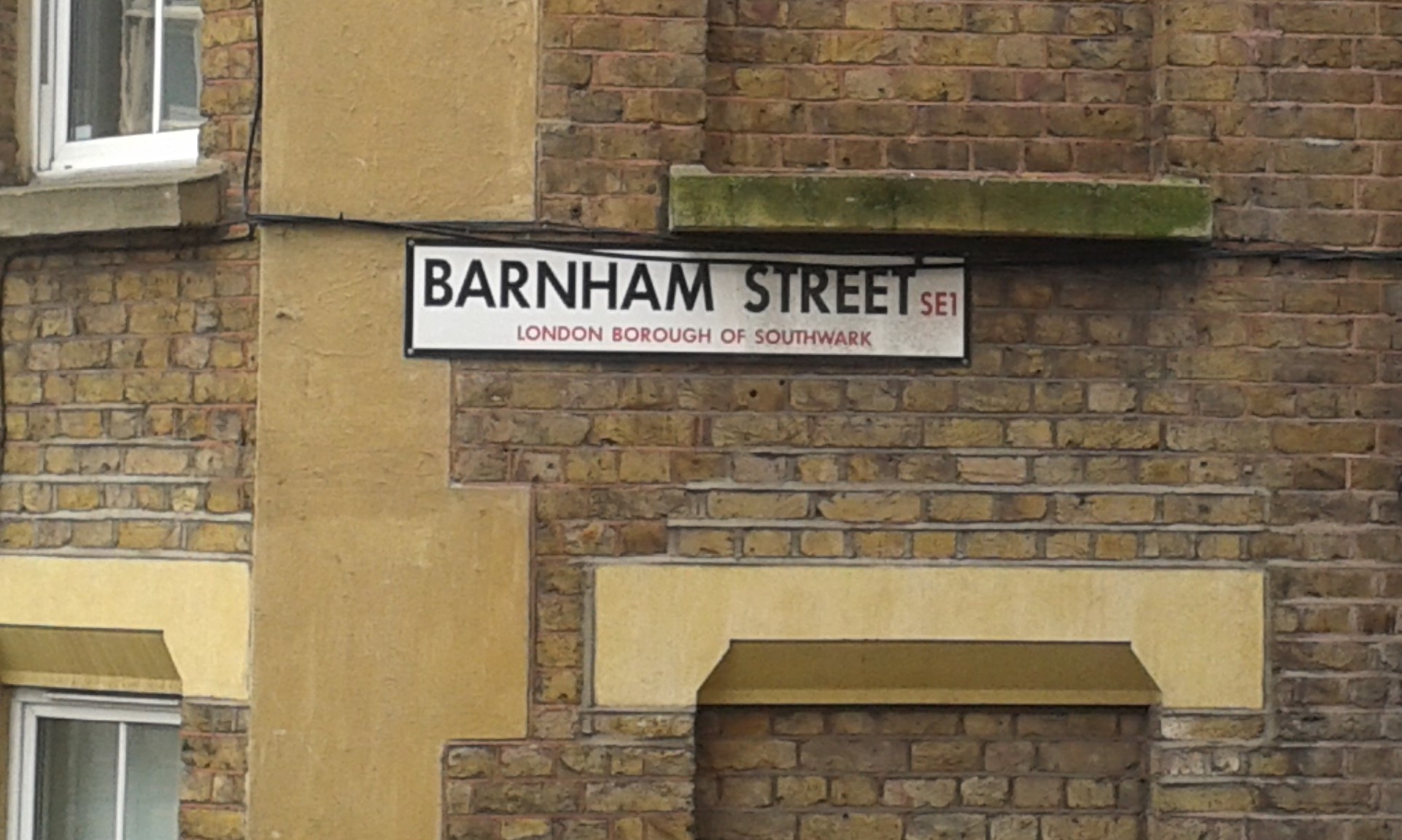
It’s always a pleasure to make a sale to a magazine I’ve not published in before. So, I’m delighted that my story ‘Fundamental Things Apply’ is now out in the February/March issue of Utopia SF magazine.
Utopia is available digitally, and you can find it here.
‘Fundamental Things Apply’ features time travel, terminal illness, the recursive and uncontrollable power of grief and – as the title suggests – the movie ‘Casablanca.’
Here’s a taster:
Fundamental Things Apply
Like the rest of the team, Davey Justice had kept his distance after Sarah’s funeral. I heard laughter from rooms I wasn’t in, but a thick silence dropped over the Lab when I was there. Until now.
“Sorry to bother you with this, Rick.” We’d been working at our laptops for the past hour, and he took advantage of a natural break when I got up to get coffee. “The funders visit? The committee are hassling me to sort it.”
“Now’s not a great time.”
“Of course,” Davey said. “I’ve stalled them, but…”
“Not yet.”
“They’ll need a presentation soon, don’t you think?”
“Not yet.”
When I sat again at my screen Davey’s eyes burned the back of my head. The rest of the team didn’t yet know about the full success of the Projector. They knew we were close, but I’d kept the final tests to myself. I couldn’t keep the secret forever, but it was hard to think ahead.
***
I held Sarah’s hand as she died. “I can’t go on without you,” I said.
“You must.” I think that’s what she said, but she could barely speak by now: her words were dry leaves rustling, her hand was parchment stretched over a bundle of sticks.
Her illness struck in what should have been our moment of triumph. One day, we’re looking at the test results that proved our time projector would work. Next day, some very different test results. The doctor projected Sarah’s X-Rays onto the white wall of her office. There was a shadow on the right lung and an archipelago of dark spots on her throat. I stared for a long time, as if I could read a message in the pattern of marks beneath Sarah’s flesh.
When she died, my life stretched ahead like Arctic tundra. I had my work, but without Sarah it meant nothing. I knew how grief worked: it would take time to move forward; I had to work through the emotions. But I couldn’t get past denial, couldn’t shake the feeling that things would be better if I just had the chance to say something more to her. A little more time at her side, to prepare myself to lose her. I guess the idea of using the Projector was always in the back of my mind.
Our Project was based in a Georgian mansion, set in Berkshire parkland, curtained by trees and a high brick wall. As Director, I had unrestricted access and the gate guard nodded me in without remark when I swiped into the Lab in the early hours of the morning.
The Projector worked far beyond our hopes, but it was still experimental. The dogs and rabbits we sent back were unharmed, although I didn’t know whether there were effects on them that I couldn’t yet detect. So using it was risky, but what did I care? The worst possible thing had already happened to me. I switched it on and adjusted the settings. I would do only thirty minutes, and I knew exactly the minutes to choose.
I jumped back seven weeks, a few days before Sarah’s death. The noon sun glared from the concrete sidewalk as I waited across the road from the hospital. I remembered this day, how hot it had been when I briefly left Sarah’s side to get a sandwich.
And there I was now. My seven-week younger self emerged from the hospital, glanced both ways and shuffled into a side street that contained coffee shops and a deli. When I was out of sight, I crossed the road and entered the hospital. One of Sarah’s nurses saw me as I entered her ward. A flicker of a frown crossed her brow, no doubt because she had just seen me leave. But she didn’t speak, and hurried on to her next task.
Sarah had been moved to a private room when it became clear that she was going, and there was no time to transfer her to a hospice. I slipped in and closed the door. It was 12.10. I sat beside the bed and took Sarah’s hand. She gave no sign that she was aware of my presence. The only sounds were the soft ping of her monitors, and the irregular sigh of her breathing. My memory was still too fresh of her breath stuttering and finally ceasing, as if the planets had frozen in the sky. Three days from now.
“If you can hear me,” I whispered. “I’ll be here as long as I can.” There was the faintest pressure on my fingers, as she squeezed my hand with what strength remained to her….
I’d love to know what you think, of this or any other story. Just leave me a comment.







